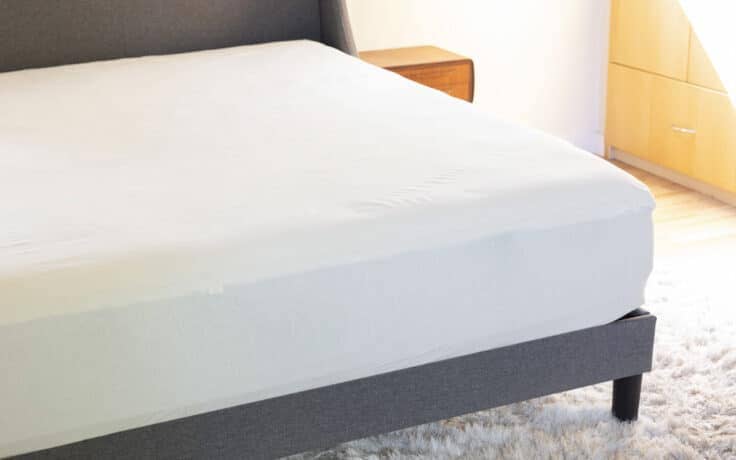Introduction
The Avocado Mattress company, known for its eco-friendly and sustainable bedding products, has recently found itself embroiled in a lawsuit that has drawn significant attention. This article delves into the details of the lawsuit, exploring the allegations, the facts, and the latest updates surrounding the case.
Allegations
The lawsuit against Avocado Mattress centers on claims made by a group of consumers who allege that the company engaged in deceptive marketing practices. The primary allegations include:
- False Advertising: Consumers accuse Avocado Mattress of exaggerating the eco-friendly and organic nature of their products.
- Health Risks: There are claims that the mattresses contain harmful chemicals that could pose health risks. The plaintiffs argue that the company failed to disclose the presence of these chemicals, violating consumer protection laws.
- Misleading Certifications: The lawsuit also contends that Avocado Mattress misrepresented the certifications of its products. Consumers were allegedly led to believe that the mattresses had received certifications from reputable environmental and health organizations, which was not the case.
Facts
As the case unfolds, several facts have come to light that are crucial for understanding the context and implications of the allegations:
- Product Composition: Avocado Mattress markets its products as being made from natural and organic materials, such as organic latex, wool, and cotton. However, investigations revealed that while the majority of the materials are indeed organic, there are components that do not meet organic standards. This discrepancy is at the heart of the false advertising claims.
- Chemical Use: Independent testing has identified trace amounts of volatile organic compounds (VOCs) in some of the mattresses. While these levels are within the safety limits set by regulatory bodies, the presence of VOCs contradicts the company’s claims of being completely free from harmful chemicals.
- Certification Authenticity: It was found that some of the certifications display on the company’s website were outdate or misrepresent. For instance, some certifications pertained only to certain materials used in the mattresses, not the entire product.
Updates
The lawsuit is currently progressing through the court system, and several updates have emerged since the initial filing:
- Company Response: Avocado Mattress has vehemently denied the allegations, asserting that their marketing practices are transparent and that their products meet all advertised claims. The company has provided documentation to support their use of organic and natural materials.
- Regulatory Scrutiny: The case has prompted increased scrutiny from regulatory bodies, including the Federal Trade Commission (FTC). The FTC is investigating whether Avocado Mattress violated any advertising and labeling regulations.
- Consumer Reactions: The lawsuit has sparked a mixed reaction among consumers. While some feel betrayed and are seeking refunds or replacements. Others continue to support the company, believing in its commitment to sustainability and quality.
- Legal Proceedings: The court has scheduled several hearings to examine the evidence presented by both sides. Legal experts suggest that the case could set a significant precedent for how eco-friendly products are market in the future.
Conclusion
The lawsuit against Avocado Mattress highlights the complexities and challenges of marketing eco-friendly products. As the case unfolds, it serves as a critical reminder for consumers to critically evaluate product claims and for companies. To ensure transparency in their marketing practices. The outcome of this lawsuit will not only impact Avocado Mattress but could also influence industry standards and consumer trust in green products.


